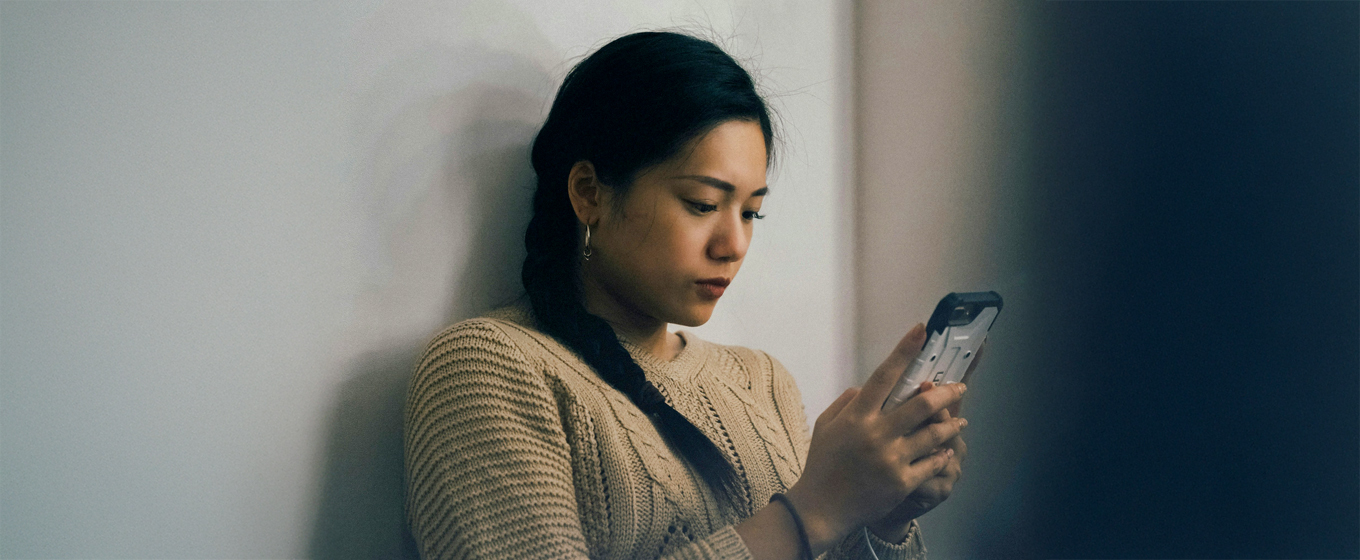Dopamine, technology, and the future of entertainment - Part 2

In today’s dopamine-driven culture, where attention has become the new currency, how is our brain being rewired – and what are the implications for communication, media consumption, and education?
In today’s so-called “dopamine culture,” our brains are being rewired to seek constant, fast rewards – weakening our ability to focus and shortening the average attention span. Communication increasingly favors brief, emotionally charged messages; media become fragmented and distracting; and education must confront the challenge of moving beyond performance metrics. As Professor Andrea Gaggioli suggests, the answer isn’t to reject technology, but to rebuild meaning around it, through it, and because of it. Education should foster mental freedom – a space where students and teachers co-create learning experiences and imagine new futures together.
In his article “State of the Culture,” Ted Gioia talks about another interesting concept that describes how we consume content today: the Post-Entertainment Society. Gioia uses this expression to indicate that the largest sector of the cultural economy is no longer entertainment but, on the contrary, distraction. He states: “Everything is getting turned into TikTok – an aptly named platform for a business based on stimuli that must be repeated after only a few ticks of the clock.” Do you agree? What entertains us today, and why does it entertain us?
Yes, I agree. I also interpret the post-entertainment era as a cultural phase in which entertainment is replaced by shorter, more focused experiences designed for immediate gratification. This concept is closely tied to that of dopamine culture.
In my view, this phenomenon can be understood as a form of “cognitive encapsulation,” where our daily experience about the digitalisation of our lives becomes increasingly fragmented and segmented.
Let me give you an example: if you look at your schedule, you’ll see your day as a series of time slots, a succession of “temporal capsules.” If you could observe your schedule over time, you would notice that the frequency of these capsules increases. This applies not only to daily commitments but to the entire cognitive agenda of people: since we don't always use the same technology or medium, our experience becomes more fragmented. At one moment, we listen to music; on another, we hear a podcast; then we use an app; then we’re on TikTok, and so on.
The problem, therefore, isn’t allocating attention to each fragment, but rather, from such a fragmented experience, reconstructing a pattern, a general sense. To use a metaphor, the issue isn't the tree but the forest: we should reflect on our ability to build meaning and significance within a society that tends to encapsulate our experience. So, rather than demonising technologies, perhaps we should shift the focus and ask: how can we help people build meaning?
In this general decline of attention and increasingly fragmented time, how can education help people build a formative path that allows them to navigate these times?
To answer this, I would start by being radical and looking at the etymology of the word "school," from the Greek "skholē," which originally meant leisure or the idea of spending free time pleasantly. Eventually, it came to mean the place where education was provided.
This is a meaningful reference because universities and higher education have become non-places – liminal spaces where people know they must pass through because, in the end, they’ll receive a stamp that will help them find a job. I believe this narrative needs to be profoundly altered. The period of education should be an experience, and this experience should be as little restricted as possible because it is the time when the mind needs to savour its freedom. This is the purpose of education: not to give you a prefabricated world, but to put you in a position to create possible worlds – because otherwise, how can we build the future? In my opinion, this is the definition of creativity.
I believe an inspiring principle should be: how do we equip this place with imaginative, creative, and inspirational capacities? A practical way to follow this principle would be to focus on the mental well-being of teachers as well as students. Their journeys are simultaneous and parallel, and the generational gap isn’t just demographic – it’s anthropological. We, as teachers, can get frustrated when we see students drifting away from us, but at the same time, they see us pulling away. Recovering meaning means setting different foundations for designing the learning experience, even for teachers. That’s why I say mental well-being is important; otherwise, teachers are seen as a sort of “cognitive proletariat,” expected to “fill” students, who are measured solely on their performance, with information. We need to rediscover the sense of building a community capable of creating possible worlds.
What do you see as a future trend in media communication?
I believe a future trend will not be so much about content or taste but about the evolution of the media in general: I think we are moving towards an immersive meta-medium, something we could call “extended media.”
Just as the Internet has encapsulated other media, I think we’ll see the development of increasingly immersive media that will encapsulate other media.
Another relevant trend, in my opinion, is generative artificial intelligence. I believe that generative artificial intelligence can interact with the media to the extent that it can enhance the personalisation of content, which is already happening on platforms, thanks to predictive mechanisms like algorithms. I think we’ll move from the idea of prediction to the idea of generation.
Read the first part of the interview


 Dopamine, technology, and the future of entertainment - Read part 1 of the interview
Dopamine, technology, and the future of entertainment - Read part 1 of the interview